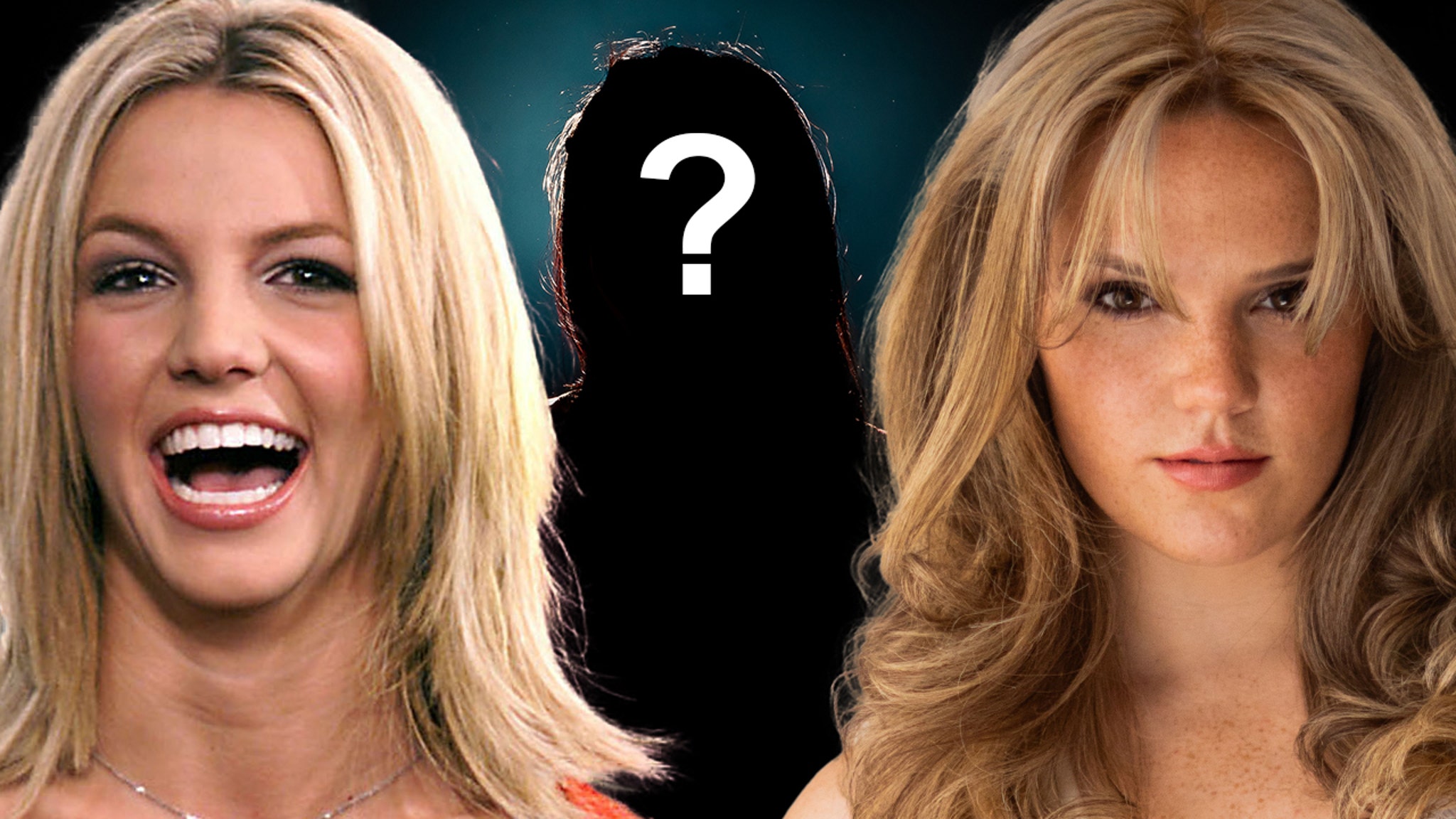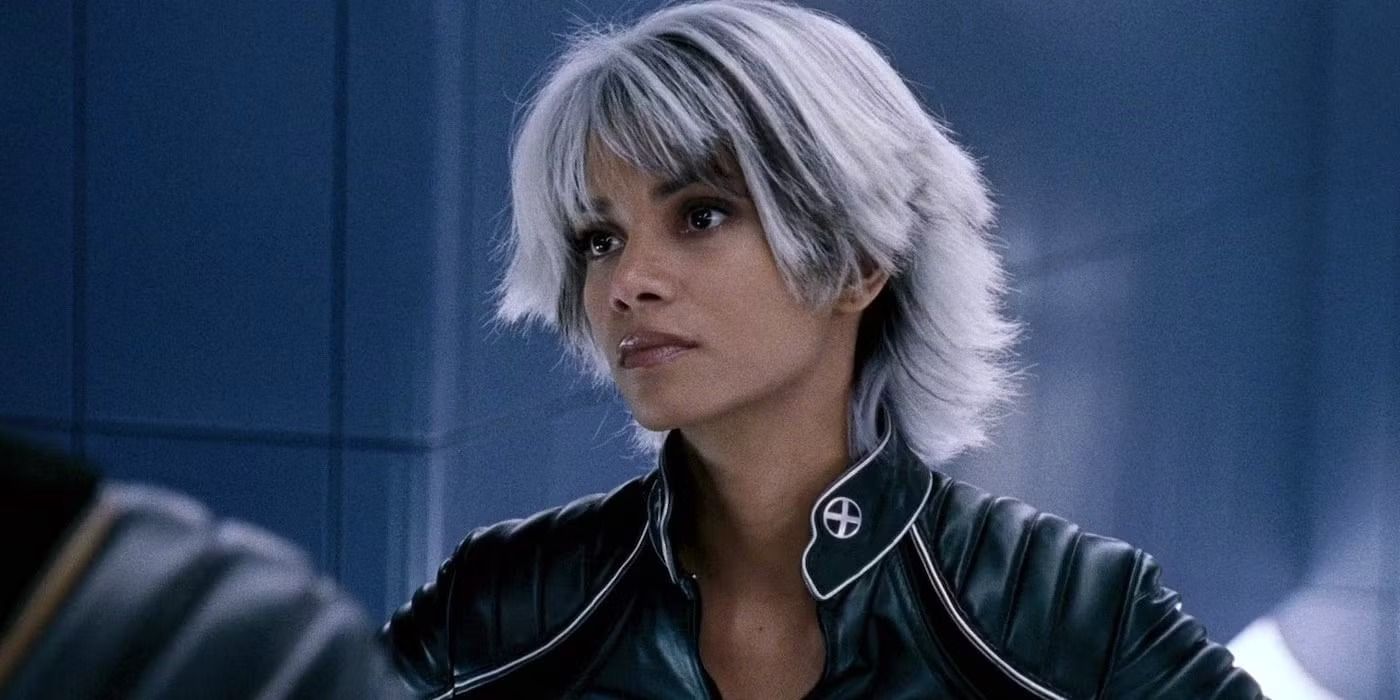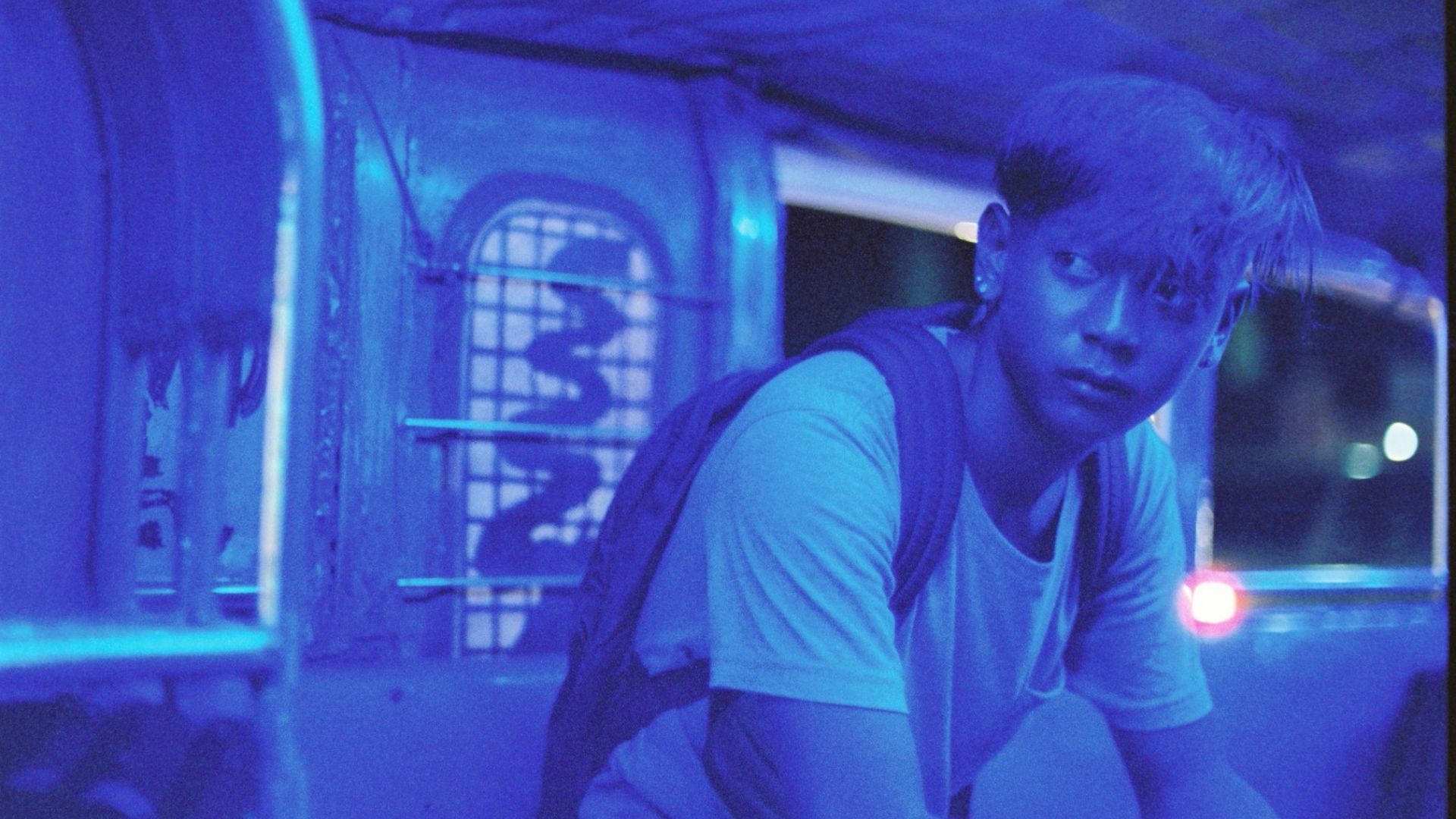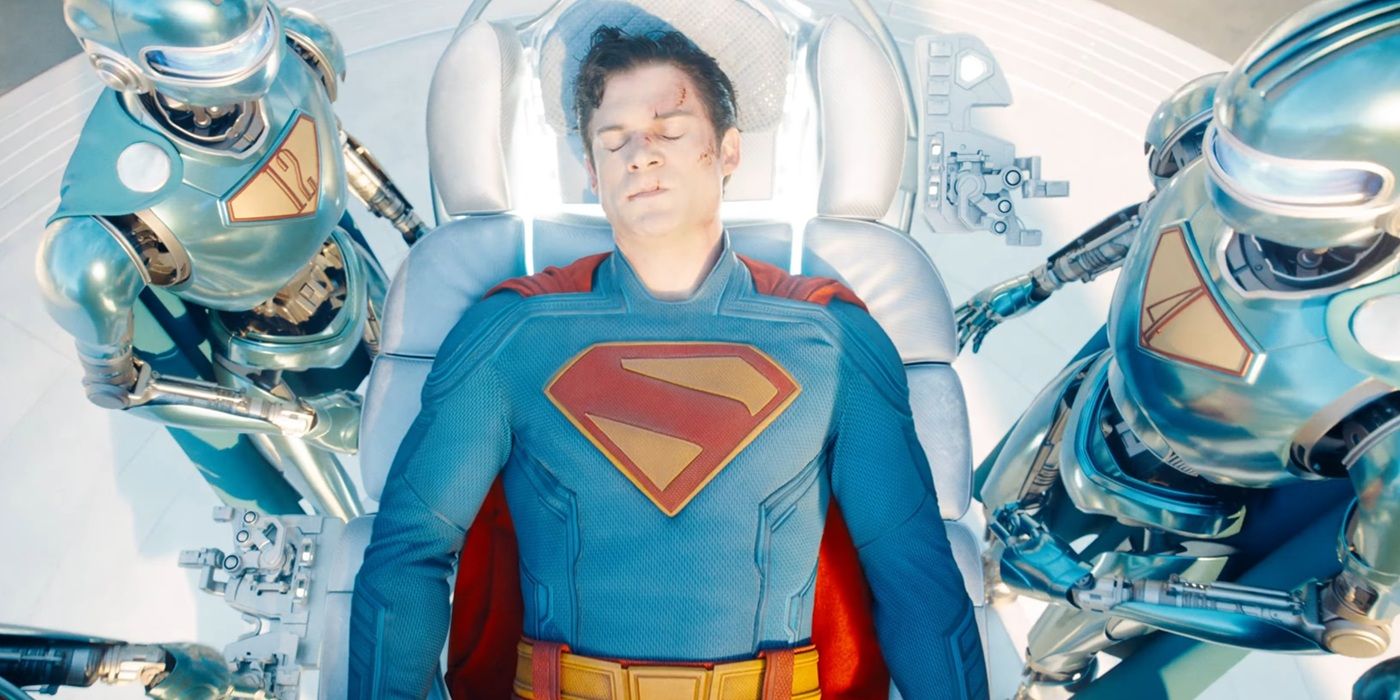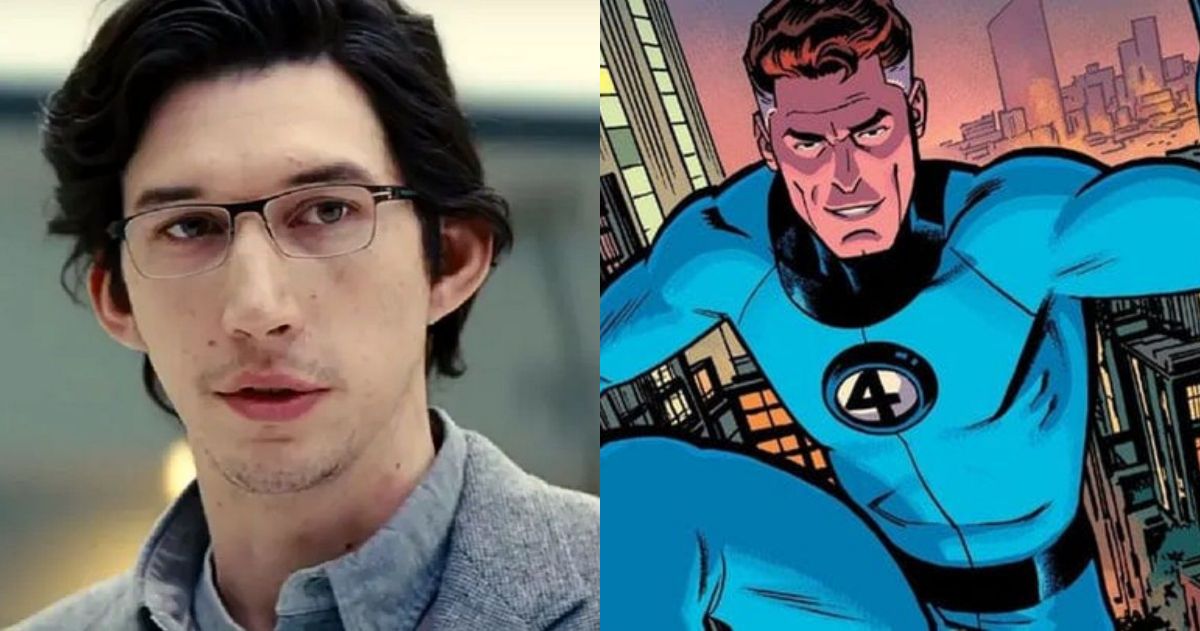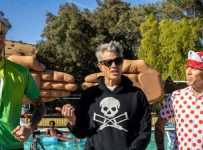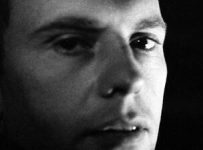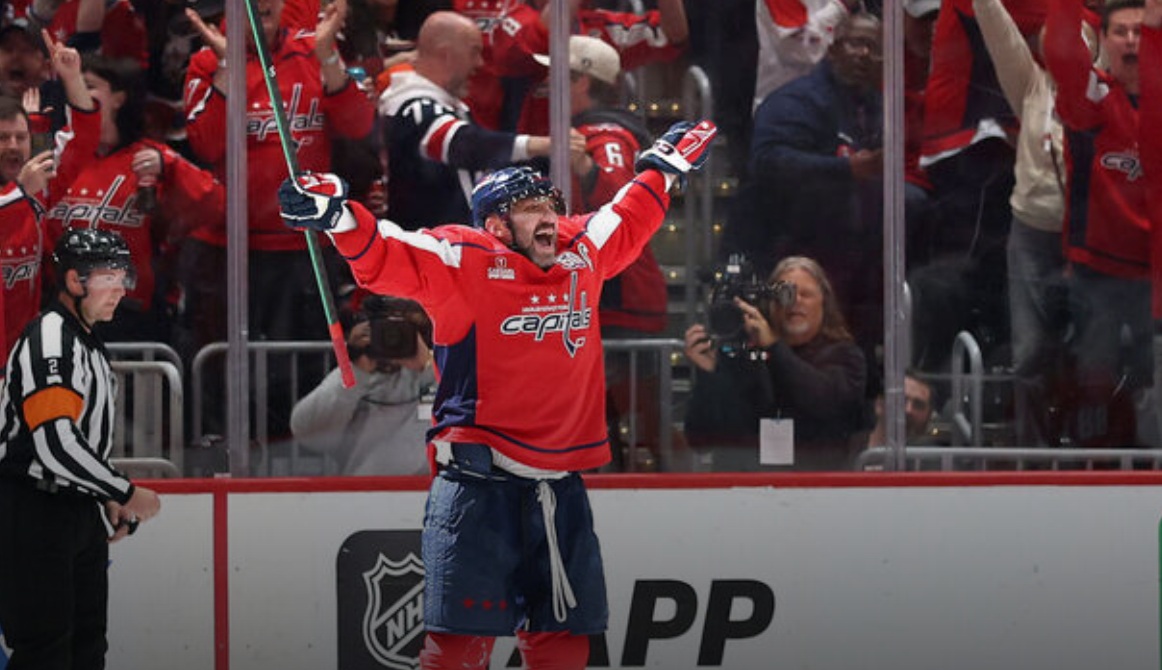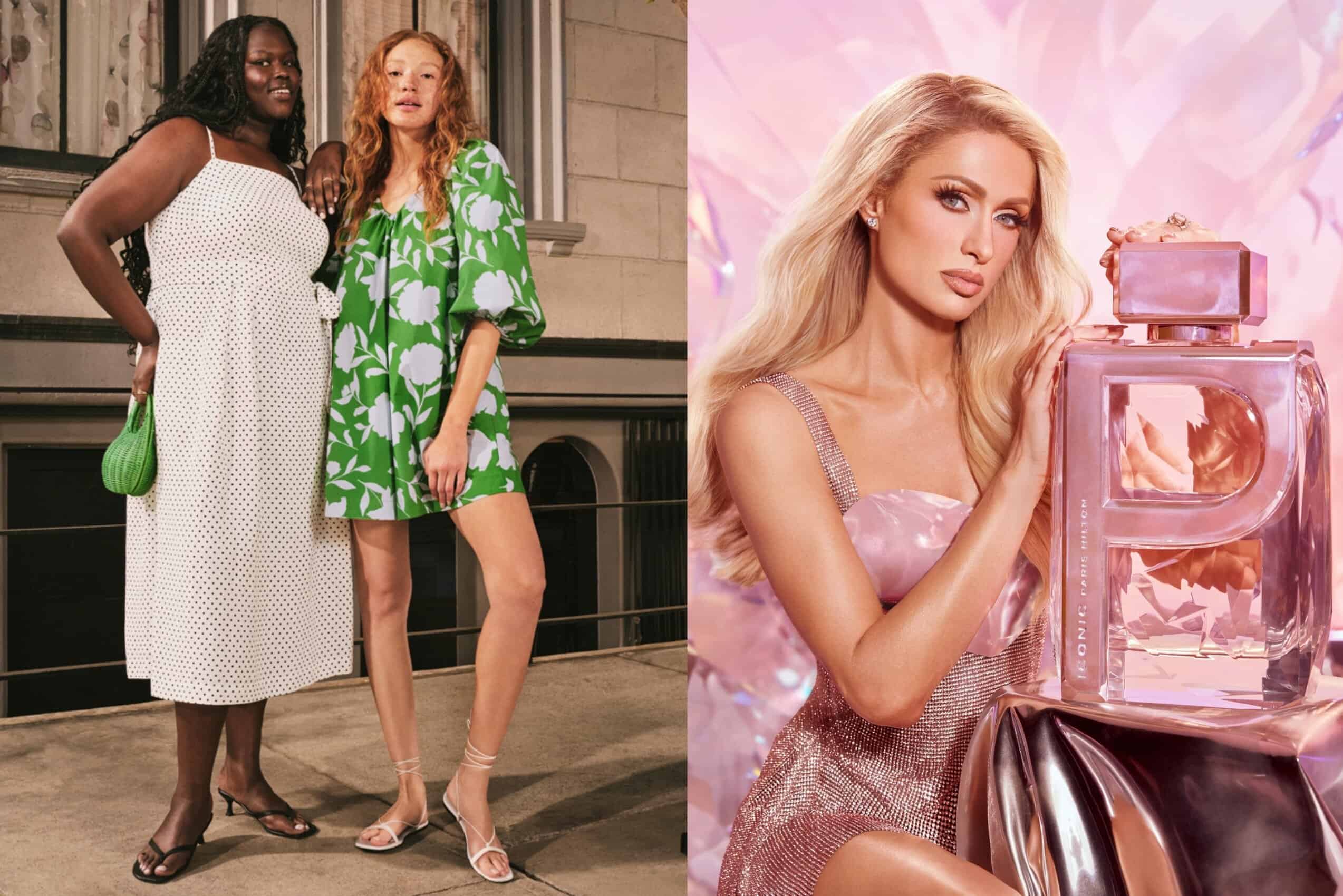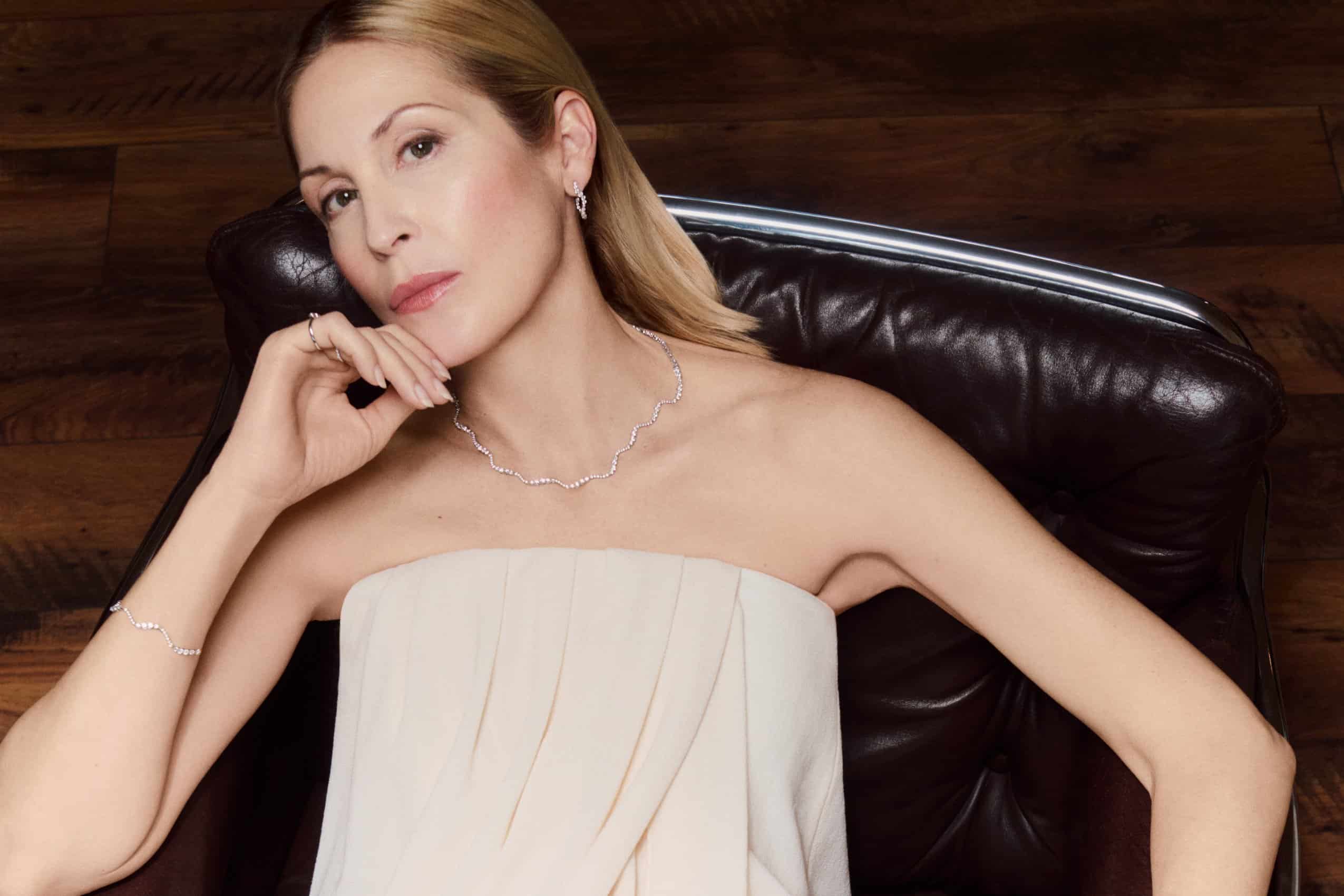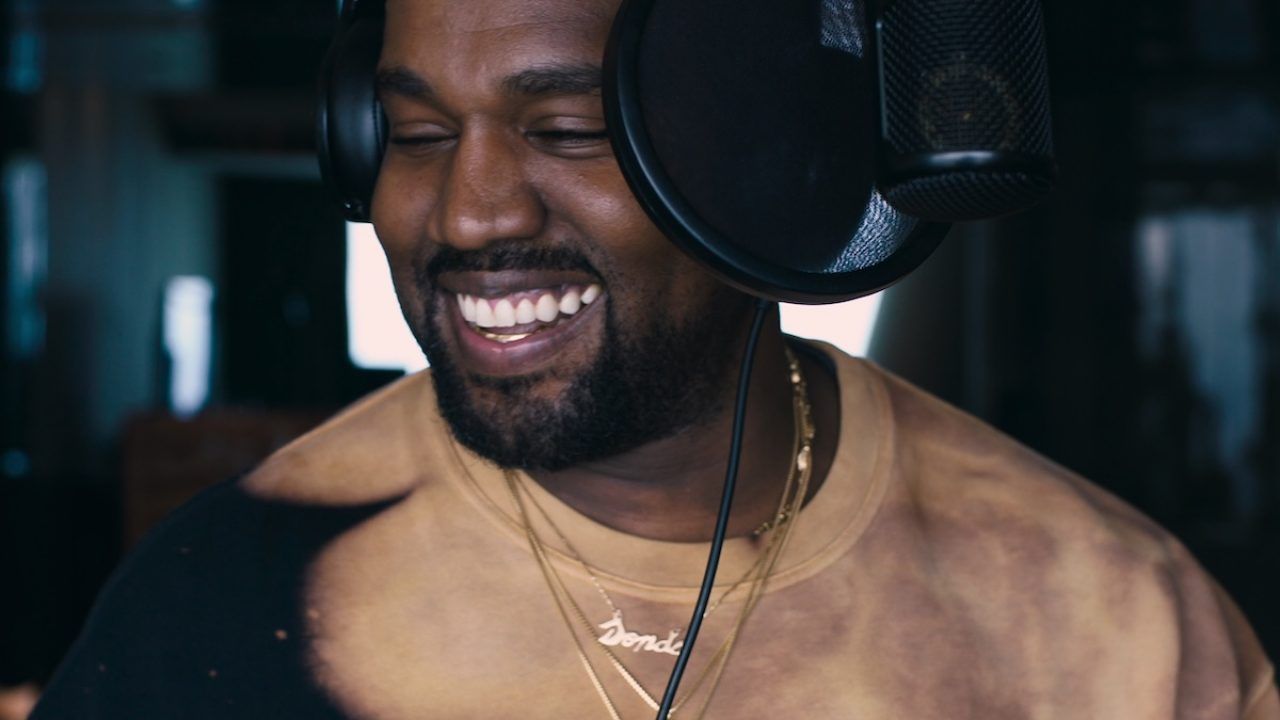
It’s honestly surprising that Kanye hasn’t been plastered across Netflix and the rest of the streaming landscape the same way his name has been broadcast around every other part of the world. For anyone waking up from a 20-year coma, Kanye West is probably the world’s biggest rap star (let alone pop star) — with 22 Grammy Awards, six albums in Rolling Stone‘s revered ‘500 Greatest Albums of All Time,’ a frequent part of mega-reality show Keeping Up With the Kardashians, an album with a rare perfect-10 score on Pitchfork, heavy involvement in fashion (and one of the world’s most popular shoes, Yeezies), millions upon millions given to charity, and a $1.8 billion net worth, a Netflix documentary might actually seem somewhat superfluous at this point.
MOVIEWEB VIDEO OF THE DAY
Unfortunately, Kanye (or Ye) isn’t just known for his often brilliant music and massive business ventures. The world knows Ye because of his countless controversial statements and actions which have helped him become a person people love to hate; to quote Kanye himself, however, “Hate and love are very similar emotions. The opposite of love is [that] you don’t care,” and people undoubtedly cared.
Interrupting Taylor Swift’s award speech, telling the world that “George Bush doesn’t care about Black people” during a televised charity event, virulently supporting Donald Trump, saying that Black slaves chose slavery, his marriage to and divorce from Kim Kardashian, urinating on his Grammy, the infamous Kanye West Instagram — Ye’s shenanigans have kept him in the spotlight longer than the light had any right to last.
Started From the Bottom, Now He’s on Netflix
Now, Jeen-yuhs: A Kanye Trilogy on Netflix is offering audiences a suitably gargantuan documentary for this strange behemoth of a performer. Feb. 16 has seen the release of the first hour and a half installment of the three-part documentary, and it’s a surprisingly genuine, touching, and almost voyeuristic look into the early start of Kanye West’s music career. The documentary was directed by Coodie & Chike (Clarence Simmons Jr. and Chike Ozah), who first filmed Ye in 1998 but really began following and filming him in 2002 when they worked on his first music video, Through the Wire.
Coodie & Chike filmed Ye for nearly two decades, and the first part of Jeen-yuhs chronicles the very early days of Kanye West’s producing career. With incredibly intimate and seemingly constant footage, they follow him as he tries to rise above all the musicians he works for and become a headlining name. “America, you’ll have to see me. You got to get used to this face,” Ye says before an early MTV interview, and Jeen-yuhs is intent on showing just how this happened.
Related: Kanye West Makes Surprise Appearance at Netflix Documentary Screening
West always wanted to rap over his own beats, but the music didn’t believe in a producer-rapper and strung him along with the dangling carrot of a record deal so that he’d continue producing music for bigger artists. It’s genuinely bizarre and delightful to see rappers and studio executives, who nobody remembers now, roll their eyes at Ye and dismiss him; hindsight is possibly the most important thing to bring to Jeen-yuhs, making it an inspiring and practically giddy display of the underdog making room for himself in the industry and aligning his own stars despite the belittlement of others.
The Jeen-yuhs of Hindsight
Netflix
Hindsight helps some of the documentary’s most incredible scenes feel authentically exciting. It’s really incredible to watch West walk around from room to room in the offices of Jay-Z’s hip hop music label, Roc-A-Fella Records, slipping his CD into the stereos of different women’s offices and rapping along to. He plays the song All Falls Down and joyfully raps to it while the assistants and secretaries of the company look at him with condescension and annoyance, their half-smiles and mutual snickering revealing their disdain until Kanye packs up his CD and leaves the offices, downcast and dejected. The hindsight of knowing that this song now has 58 million views on YouTube makes this scene and others wickedly funny.
The cameras of Jeen-yuhs are over Ye’s shoulder in scenes like these, documenting everything, smartly capturing the reactions of others as West’s mission toward stardom begins. There’s no denying that Kanye has a magnetic presence, never one to shy away from loquaciously spouting off his philosophies and opinions, which can be constantly heard in this documentary (often humorously through Kanye’s orthodontic retainers). He’s always had a buoyantly confident persona that prevents him from holding anything back, one which probably borders on arrogance and narcissism, but this isn’t lost on the performer.
“They’re making a documentary about me,” Kanye says through his retainers in 2002, “It’s a little narcissistic or whatever. Well, f*** it.” He asks his mother if he comes off as too arrogant in one beautiful scene; she replies by saying, “Remember to stay on the ground, and you can be in the air at the same time. That’s what I think it means when it says that the giant looks in the mirror and sees nothing. Everybody else sees the giant.” This and other Donda West appearances throughout Jeen-yuhs are real highlights of the documentary. Seeing how close West was to his mother, how supportive but authentically honest she was, and how he is enamored with her wisdom and affection, provides some beautiful grounding to the often over-the-top Kanye.
Portrait of the Artist as a Young Man
Netflix
Coodie & Chike seemed to have constant access to West’s life, from his mother to his studio time. Their editing here is amazing; they piece together what could be arbitrary moments into a strong linear narrative, and one wonders just how many hours of voyeuristic archival footage these men have to work with. Inspired by the epic documentary Hoop Dreams, which organized over 250 hours of footage across five years into a single three-hour masterpiece, the directors quietly took their time for decades, patiently waiting for their own masterpiece to develop (and be sold for $30 million to Netflix). Coodie’s understated narration ties it all together, constructing a story from fragments with his own unique voice and vision, inserting himself as a character of sorts. This makes sense, considering Kanye’s career is essentially inextricable from Coodie’s own.
The direction creates a seamless amalgam of poignant moments, humbling lows, surprising highs, and unfettered intimacy. A mysterious and subtly emotional score from Live Footage and CTZN Chance helps make Jeen-yuhs feel like the personal epic it really is, underscoring the very real stakes and feelings behind otherwise simple scenes. The narration is matter-of-fact and direct but also guides the viewer along into a story that becomes surprisingly fresh and interesting despite everyone probably having heard it before. Kanye’s total trust in Coodie & Chike allows this to become more than just some kind of self-branded vanity project, and turns it into a compelling “portrait of the artist as a young man,” to use James Joyce’s novel.
Make no mistake, though, there is obvious vanity here. Ye says that he has an “Ethiopian-French name, it means ‘the only one,'” and he acts as if this is true. Sitting with Donda on the porch steps to a house, Kanye says, “Mom, you get a little bit of credit, but mostly I raised myself,” and while she laughs at the joke, there is an almost discomforting feeling that he actually means it. He isn’t a role model by any means, but Kanye West is, in many ways, the embodiment of the “i” generation of iPhones and iPads and its excessively individualistic and self-promoting culture. Though in a sense, without this almost obsessive self-idealization, Ye would never have become the massive artist that he is today, someone who’s so well-known that he considered running for president.
If anything, Jeen-yuhs: A Kanye Trilogy only suffers from not being released all at once. With a week between each installment on Netflix, there is the chance that the second and third parts will lose the gleeful momentum Coodie & Chike have worked so hard to develop. Perhaps most of the world needs Kanye West in doses, and anything more than an hour and a half or so at a time could be excessive for many. However, after the credits of part one roll, viewers might find themselves annoyed at having to wait a week to see this all play out. Jeen-yuhs may be an intimate and incredible success, but it’s just getting started.
Kanye West Thinks the Star Wars Prequels Are Way Better Than the Disney Sequels
Read Next
About The Author
Matthew Mahler
(51 Articles Published)
Editor and writer for Movieweb.com. Lover of film, philosophy, and theology. Amateur human. Contact him at matthew.m@movieweb.com
You can view the original article HERE.

